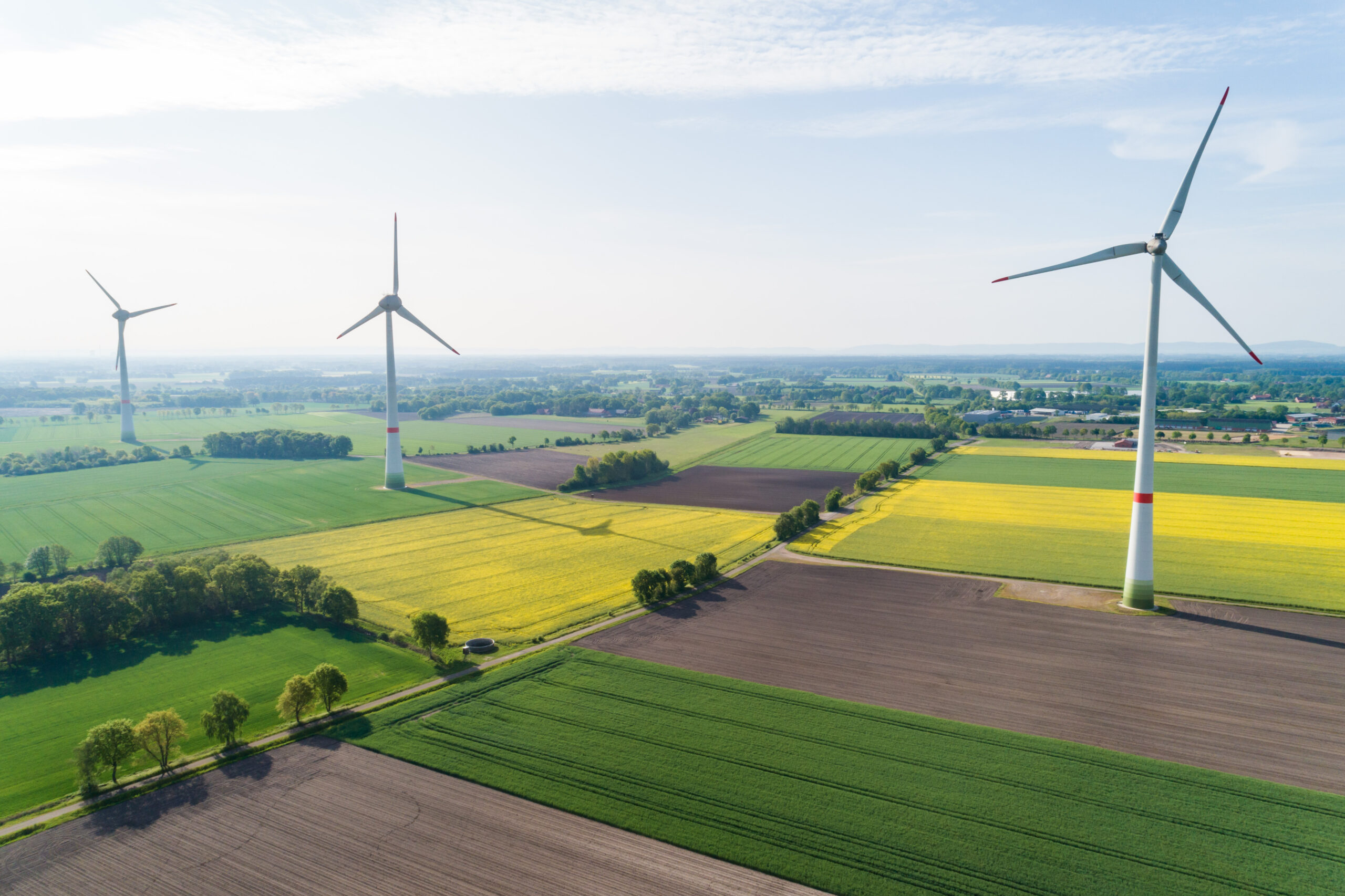Replacing fossil fuels with clean to save trillions: Oxford study
Completely replacing fossil fuels with clean energy by 2050 would save the world trillions of dollars, according to a new study by Oxford University researchers.

Transitioning to a decarbonised energy system by around 2050 is expected to save the world at least $12 trillion compared to continuing our current levels of fossil fuel use, according to a peer-reviewed study by Oxford University researchers, published in the journal Joule on Tuesday. A rapid transition would also be cheaper than a drawn-out slow transition, which is more or less the path the world is currently on.
The findings contradict widely-held perceptions that the transition process would be costly and result in slower economic growth, although other research is increasingly pointing to the same conclusion. The research also suggests that rapidly transitioning to clean energy by ramping up solar, wind, batteries, electric vehicles, and clean fuels such as green hydrogen, ammonia and methanol, would provide over 50% more energy to the global economy by 2050. The outcome would also expand energy access to more people around the world.
Lead author Dr Rupert Way, said: “Past models predicting high costs for transitioning to zero carbon energy have deterred companies from investing, and made governments nervous about setting policies that will accelerate the energy transition and cut reliance on fossil fuels. But clean energy costs have fallen sharply over the last decade, much faster than those models expected.” The models have also consistently under-estimated solar and wind deployment forecasts, including at widely-cited bodies such as the US Energy Information Agency.
“Our latest research shows that scaling up key green technologies will continue to drive their costs down, and the faster we go, the more we will save. Accelerating the transition to renewable energy is now the best bet not just for the planet, but for energy costs too.”
The researchers analysed thousands of transition cost scenarios produced by major energy models, and used data on 45 years of solar energy costs, 37 years of wind energy costs and 25 years for batteries. They found that the real cost of solar energy dropped twice as fast as the most ambitious projections in these models, revealing that over the last 20 years previous models badly overestimated the future costs of key clean energy technologies versus reality.
“There is a pervasive misconception that switching to clean, green energy will be painful, costly and mean sacrifices for us all – but that’s just wrong,” says Professor Doyne Farmer, who leads the team that conducted the study at the Institute for New Economic Thinking at the Oxford Martin School.
“Renewable costs have been trending down for decades. They are already cheaper than fossil fuels in many situations, and our research shows that they will become cheaper than fossil fuels across almost all applications in the years to come. And if we accelerate the transition, they will become cheaper faster. Completely replacing fossil fuels with clean energy by 2050 will save us trillions.’ The competitiveness of renewables is already becoming apparent, with, for example, the latest offshore wind contracts in the UK agreed at just £37.65/MWh – compared to well over £600/MWh for winter gas power in early September.
The study showed that the costs for key energy storage technologies, such as batteries and hydrogen electrolysis, are also likely to fall dramatically – which should help with grid stability and intermittency in renewables. Meanwhile, the costs of nuclear have consistently increased over the last five decades, making it highly unlikely to be cost competitive with plunging renewable and storage costs. The cost of power from the UK’s most recent nuclear plant award (Hinkley C) was £92.50/MWh, to be supplied from the end of this decade, but the project is understood to be running over budget, so this could be pushed higher.
Farmer adds: “The world is facing a simultaneous inflation crisis, national security crisis, and climate crisis, all caused by our dependence on high cost, insecure, polluting, fossil fuels with volatile prices. This study shows that ambitious policies to dramatically accelerate the transition to a clean energy future as quickly as possible are not only urgently needed for climate reasons, but can save the world trillions in future energy costs, giving us a cleaner, cheaper, more energy secure future.”
The study, most of which was conducted before Russia’s invasion of Ukraine, takes account of fossil fuel price fluctuations using over a century’s worth of fossil fuel price data. So the current energy crisis, record high prices and threats to fossil fuel supply security, are not the basis of the study’s findings, but certainly serve to underscore its conclusions. When combined with another surge in record-breaking temperatures and weather events this summer, the case for an acceleration in the transition becomes even more pressing – for both economic and environmental reasons.



